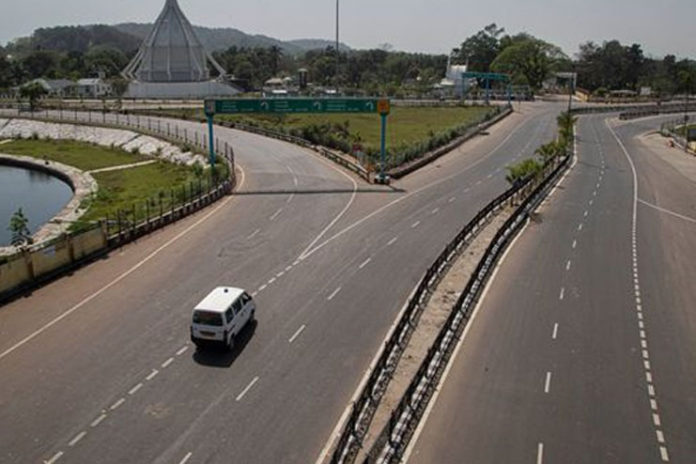A latest conducted study reports that the 21 days lockdown is not going to be enough to prevent the outbreak of the coronavirus pandemic in India. The researchers believe that 21 days won’t be enough to contain the spread of the virus.
Researchers Rajesh Singh and R Adhikari from the Cambridge University believe that India might need 49 days of lockdown instead of 21, based on their mathematical calculations.
Both the researchers are from the Department of Applied Mathematics and Theoretical Physics in the University of Cambridge devised this study based on the lockdown that was imposed on India on March 25, 2020.
They believe that while the 21 days lockdown seems like an optimistic choice, it is something that just allows the authorities to assess the outcome.
Both Singh and Adhikari took charge of four different control models for their study.
The first case scenario is the 21 days lockdown that is effective till April 15, 2020. The researchers believe that while it does have positive impacts on reducing the number of infected people and the possible spread, it doesn’t have any impacts on the resurgence of the virus.
They believe that the probability of the resurgence of the lockdown is extremely high.
The second case scenario that the researchers worked on is the one where the 21 days lockdown is followed by a 5 days relaxation and then another lockdown of 28 days immediately. For this, the researchers found that the number of infected people doesn’t reduce enough to impact or reduce the resurgence of the virus.
The third case scenario talks about three lockdowns. According to the researchers, they suggest following up the 21 days lockdown with a 28 days lockdown and then following it up with another 18 days. These three lockdowns further should be separated with a relaxation of 5 days each in between.
Addressing the third case scenario, both Singh and Adhikari stated saying, “This brings the number of infective below 10 where explicit contact tracing followed by quarantine may be successful in preventing a resurgence.”
The last and the fourth case scenario which the researchers believe is the most optimistic one is the 49 days lockdown. This lockdown is also expected to bring down the number of infected cases to 10.
Singh and Adhikari have also found that the same also have drastic impacts on the mortality rate, helping bring it down.
According to their study, they estimate the mortality rate for the first case scenario to be at 2,727 in a matter of 73 days. For the second one, the rate drops down to 11, 8 in third case and six in the fourth.
They further stated saying, “Our principal conclusion is that the three-week lockdown will be insufficient. Our model suggests sustained periods of lockdown with periodic relaxation will reduce the number of cases to levels where individualised social contact tracing and quarantine may become feasible.”
The number of confirmed cases in India is now nearing the 1400 mark, with new cases being reported every single day. The country also experienced the highest surge in the numbers on Minday with 227 cases.













































